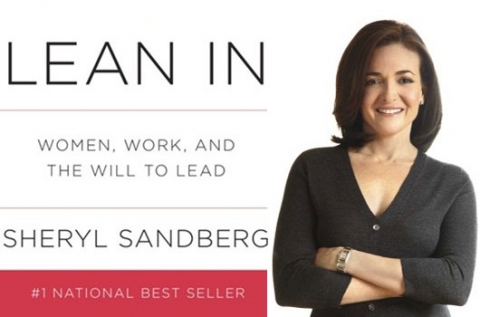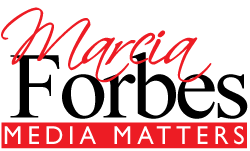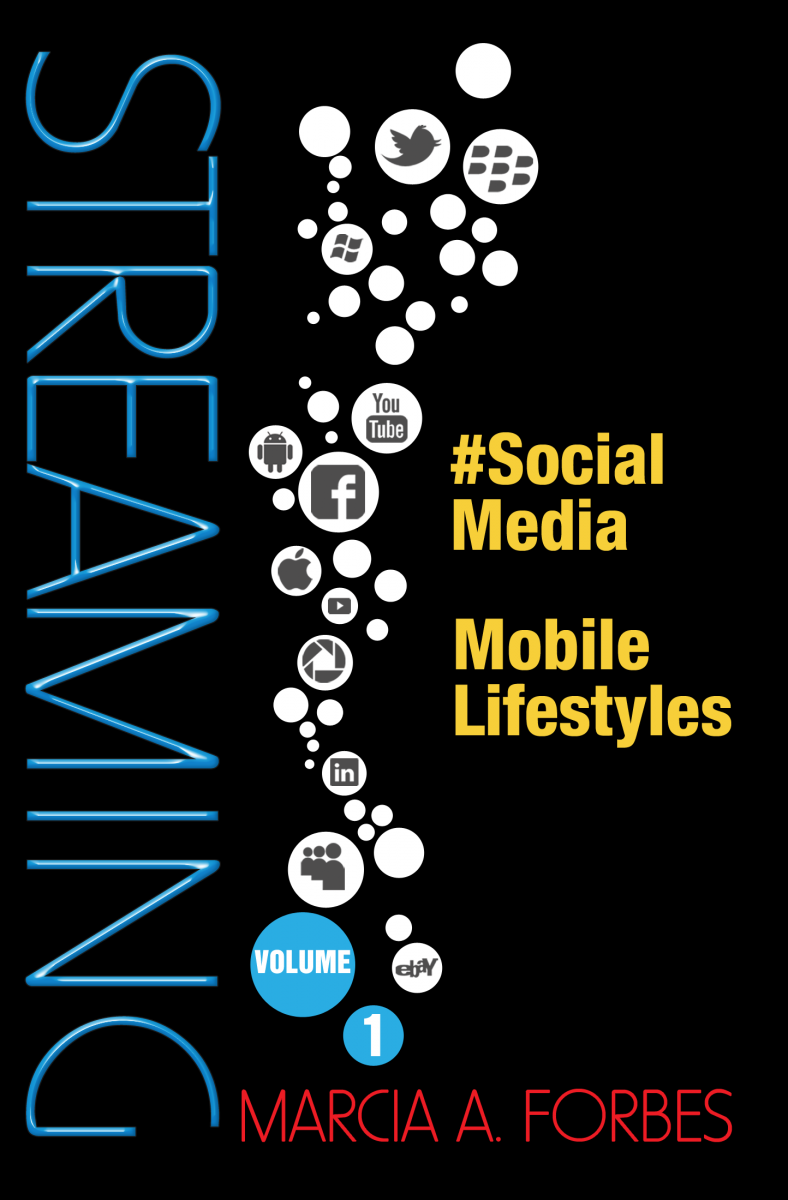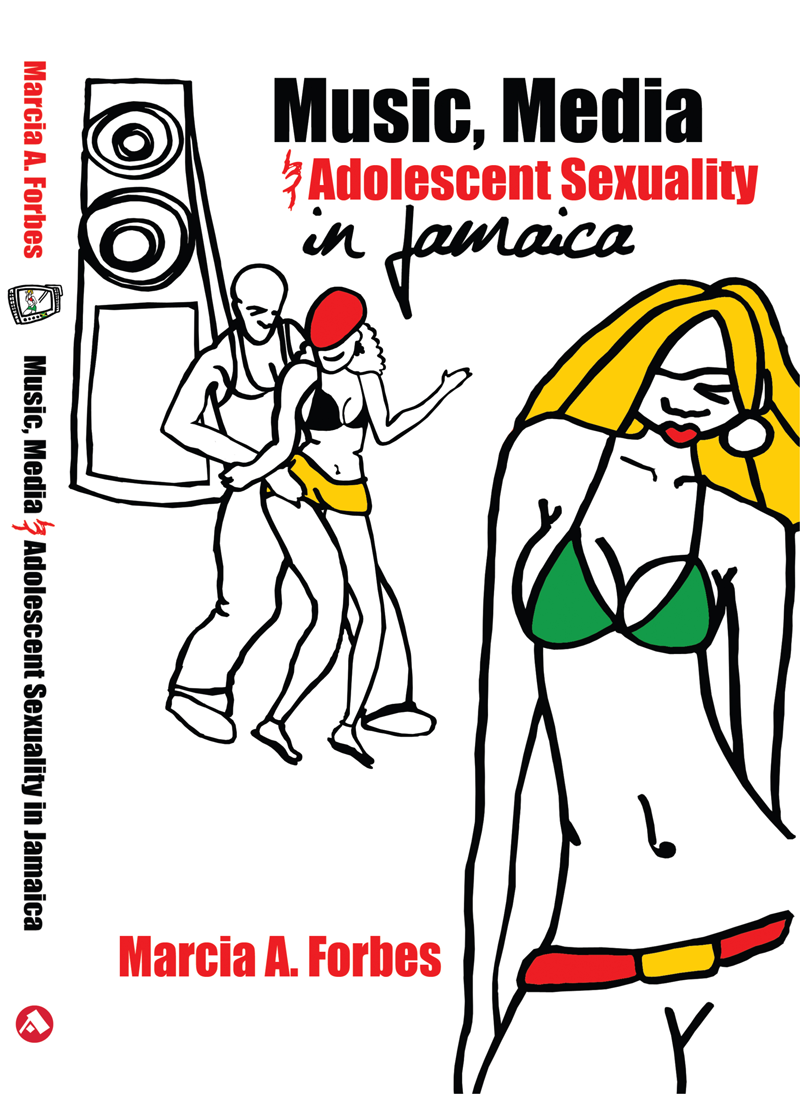Women #LeanIn to Sandberg’s Book
Published Date:

Trinidadian & Jamaican Working Together
Two dynamic women, Racquel Goddard from Trinidad and Kellie Magnus from Jamaica, got together to pull off an event hosted in Jamaica on World Book Night, celebrated on April 23.
Sheryl Sandberg’s very insightful book, Lean In, was used to anchor the discussions. It was heart-warming to watch how these two women from two Caribbean countries currently at loggerheads with brewing trade wars over peanuts and toilet paper, worked together in a no-hassle manner. Women can and do work together. So can and so do Trinidad and Jamaica, despite the seemingly on-going disputes.
Four women and one man participated in a panel discussion. Former and current bankers Minna Israel and Chorvelle Johnson, respectively, with Kelly Tomblin out of the USA (the powerhouse behind Jamaica’s energy supplier, JPS Co), Richard Lake of Burger King franchise and I discussed matters of gender inequality based on piercing questions fired by Racquel. Kelly live tweeted to extend the discussion beyond the Red Bones Cafe venue.
I was invited to open the discussions with an overview of the situation in Jamaica in relation to Sandberg’s book. The following are excerpts from my presentation.
The New F-Word
Picture this, I’m a devout feminist and my husband of 36 years is a devout anti-feminist. To him, the word ‘feminist’ is synonymous with lesbian. I know and he ought to know that I’m not a lesbian. Anyway, my husband’s response is not unique. People say all sorts of things about those of us who are brave enough to publicly call ourselves feminists.
Sheryl Sandberg in her highly readable book spoke about the new F-Word. Can you tell me what this is? Yes, of course, it’s FEMINIST! When I was reading Lean In I wasn’t yet familiar with Marianne Cooper’s work or her 2011 article titled “The New F-Word”. Marianne is a sociologist and the lead researcher for Lean In.
Definition of a Feminist
I’ve been a feminist since my early 20’s when it became quite clear to me that women are equal to men, should be paid equal to men and should be included as equals in important decision-making at the domestic, public and political levels.
So, I’ve always claimed my feminist title despite my husband’s warning that I should not openly admit this. He used to warn my son’s girlfriends, ‘Don’t listen to Mrs Forbes, she’s a feminist. She lives in lala land where she thinks women are equal to men.”
The system of patriarchy has been alive and well in my life but I have never allowed it kill my conviction as to the “social, political, and economic equality of the sexes”, Alfano’s definition of feminism as cited by Sandberg.
‘Girlie’ Makes Women Invisible
Sandberg highlights how women are made to seem invisibility. She does this in a succinct manner within the first few lines of her book.
“My Grandmother Rosalind Einhorn was born exactly fifty-two years before I was, on August 28, 1917. ...Her parents, aunts, and uncles addressed her male cousins by their given names, but she and her sister were referred to only as ‘Girlie’. (p 1)
Girlie, imagine that! One’s name is an integral aspect of one’s self-identity. A nameless ‘Girlie’ robs women of their self-identity, placing them among the nameless and faceless. We are familiar with this invisibility and namelessness in the writing of the history of slavery. A wrong that persons like Professor Verene Shepherd is working to right.
Gender equality is a human rights issue and all United Nations bodies recognize it as such. As humans, women are entitled to their full rights. Gender equality is a fundamental condition for the full enjoyment of human rights by women and men
Now, let’s take a quick look at women’s lives in Jamaica today as it relates to gender equality and within the context of some of what Sandberg had to say.
Discrimination in Multiple Areas
There’s a technique I regularly use when preparing presentations. It’s called crowd-sourcing. Twitter is my vehicle for this. I throw out a question and persons respond.
So, via crowd-sourcing, I asked about the most evident areas of gender-disparity in Jamaica. Quick responses came from @anniepaul, @juliancresser, @KellyKatharin, @wilbigger, @TraceyJody and @MedusoStew.
Within minutes, politics, sports, religious organizations, board rooms, tertiary teaching institutions and the workplace were mentioned as areas where women are at a disadvantage merely by being women. These are all BIG and important areas of life. Gender Discrimination exists in numerous areas of Jamaican society.
Dominance of Dancehall Male DJs
The music industry didn’t get mentioned in my crowd-sourcing. But in a front page feature in their Entertainment Section, the Sunday Gleaner recently highlighted that “Gender Still Hurts!”
As Jordane DeLaHaye reported, “Even the males in the industry are aware of the gender issue holding back female artistes.” This is especially so in the two most popular genres in Jamaica – Dancehall and rap, she noted. Male entertainers are more recognized and more highly paid.
Lean In & Women in Jamaica Today
There are many areas of gender disparity in Jamaica but let me narrow my focus to three:
- Employment
- Political arena
- Board Rooms
Employment
Twice as many females as males are unemployed. While only 8.3% of males are unemployed, for females its 16.6%
Consider this state of high unemployment among women against the background of three features of Jamaican life:
- Women bear the burden of the largest households in Jamaica– those with the most children and the most ‘old people’.
- Almost a half (47%) of Jamaican households are Female-headed. These households are the poorest and not surprisingly, they consume the least.
- Women outstrip men at all levels when it comes to educational qualifications.
We know that at the university level about 70% of the graduates are females. But do we know that even at the vocational level women are outstripping men? In 2011 women doubled men in this type of training and certification, 13% of women, compared to only 6.7% of their male colleagues.
Being highly educated or trained in special skills still doesn’t mean that women will find jobs. This quote from Sandberg makes the point,
“Girls growing up today are not the first generation to have equal opportunity, but they are the first to know that all that opportunity does not necessarily translate into professional achievement.’ (p15)
There are gross gender disparities when it comes to a basic thing such as having a job in Jamaica! And even when a woman does get a job, consider the plagues of sexual harassment and the b-word, being labelled a bitch. Just trying to do your job professionally can earn a woman this label.
Here’s Sandberg again,
“Men are continually applauded for being ambitious and powerful and successful, but women who display these same traits often pay a social penalty. Female accomplishments come at a cost.” (p 17)
Political representation
Women make up a miniscule 12.7% of elected parliamentarians in Jamaica.
Although the country has a Female Prime Minister, 87% of her parliamentary colleagues are men.
A mere 20% per cent of the present cabinet are women. Then too look at their portfolio responsibilities. What many see as the big and important Cabinet portfolios are still held by men – Finance, National Security and Transportation & Works.
Women (not usually) on Board
I volunteer with a lobby group called the 51% Coalition: Women in Partnership for Development & Empowerment through Equity. Its mandate is to push for the appointment of more women on boards and commissions in Jamaica, with a proposed 60:40 gender mix. With this there would be no more than 60% of either gender on any Board.
From a review of 106 Public Sector Boards it was found that 77%, that is more than three-quarters, were chaired by males. The Board Chair is the head of the board. This is an important role. Men outnumber women 3:1 as Board Chairs.
Of note is that research conducted by the Women’s Resource and Outreach Centre (WROC) in 2008 revealed that the Chairperson of a Board is next to the Minister of Government (under whose portfolio that board falls) in deciding who sits on that Board. It bears repeating that the Chair of a Board wields substantial power.
Looking at board membership overall, from a total number of 1,048 Board Directors, less than one-third (32.7%) were females.
Patriarchy & Ambition Gap
The crux of the problem overall is patriarchy. This is a system whereby society is organized around male dominance and female subordination. Patriarchy dictates socialization practices, how females and males are socialized, what is expected of us and, importantly, what we expect of ourselves. It is deeply entrenched in our psyche.
As Sandberg points out, women are socialized to stifle their job ambitions, with less women aspiring to the C Suite (CEO/COO /CIO) according to a 2012 McKinsey survey cited by her. It revealed that 36% males compared to only 18% of females hold such aspirations (p 16)
Even among young women this ambition gap is evident as is revealed in a 2012 study by PEW. Among millennials (those born around 1980 to 2000) less women than men aspire for leadership roles (p16).
Much of what Sandberg highlights in Lean In is evident in Jamaica. Over one-third of the women who participated in WROC’s 2008 study said they did not believe they were competent to sit on Boards. This flies in the face of the fact that almost all the men (96%) who participated in that study felt that women were fully competent to occupy such a position.
More Women Need to Lean In
As Sandberg notes, “Young women internalize societal cues about what defines “appropriate” behaviour and, in turn, silence themselves.” (p 21). She calls on more women to lean in to their careers and to cultivate the will to lead. I endorse this call to action.


